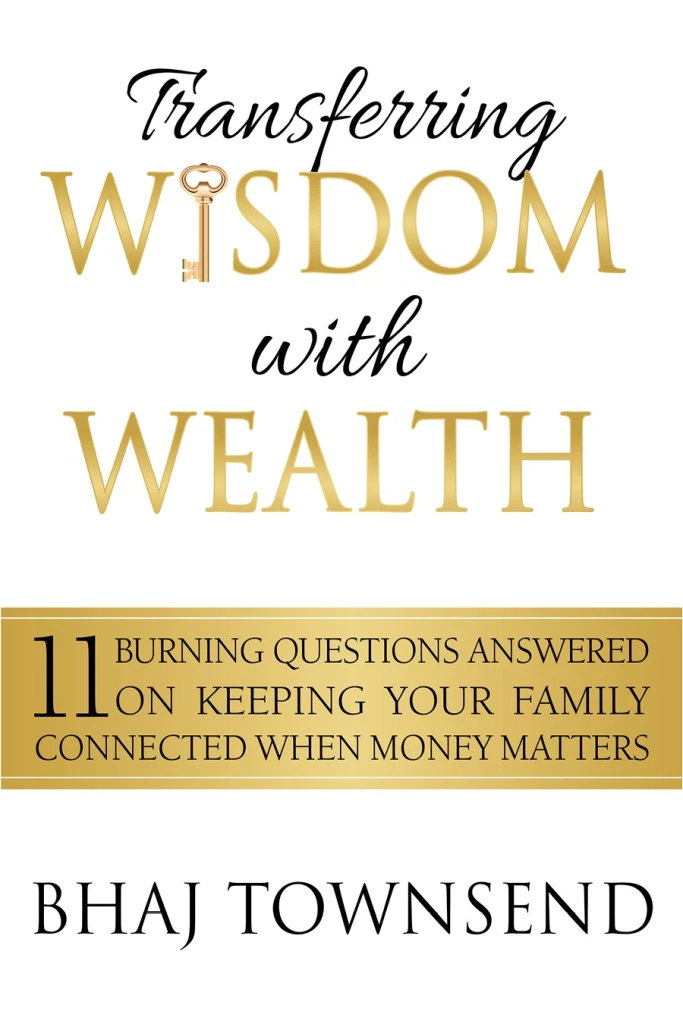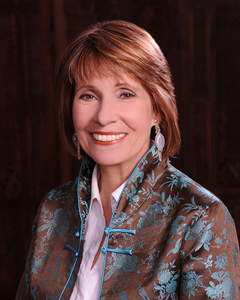Back in the 1940s, Carl Rogers introduced person-centered therapy, a radical departure from the rational emotive (rational versus irrational) model. During this transformative era of the 1940s and 1950s, another psychologist opened the door to new therapies and approaches. His name was Murray Bowen.
Murray Bowen was a psychiatrist and professor of psychiatry at Georgetown University in Washington D.C. In his groundbreaking work in family therapy, he developed a family systems theory, published in the 1960s, which is still in use today.
The Family Systems Theory is based on the family being an emotional unity with systems to conduct itself. There are 8 concepts which form the basis of his theory. I will give you a quick look at these 8 theories.
The first is:
1 Triangles-The triangle, as a concept, provides the stability that a two-sided element cannot. The triangle provides comfort, diffuses tension. It can create an imbalance in conflict when two sides partner up against the third side. This dynamic is prevalent in families.
2 Differentiation of Self– The less “self” we confidentally hold, the more influenced we can be.
3 Nuclear Family Emotional Process-These are patterns that are projected onto children and grandchildren.
4 Family Projection Process– This describes the primary way that parents transmît their emotional problems to their children.
5 Multigenerational Transmission Process-This concept refers to the patterns that move and morph through generations and their impact on the family culture.
6 Emotional Cut off-How people manage their unresolved emotional issues with family members while reducing and cutting off emotional contact with family members Is the gist of this concept.
7 Sibling Position- This theory speaks to the impact of sibling position or family members’ development and behavior on the family.
8 Societal Emotional Process– This concept describes the emotional constructs governing entire societies.
How do these theories impact your family’s culture?

